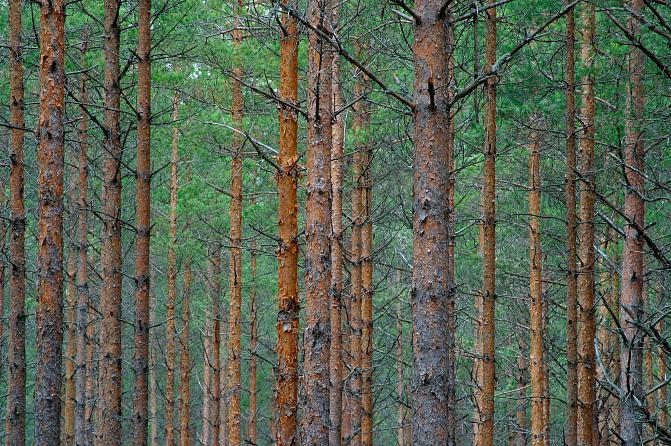
New local operating models for producing nature and climate benefits in private forests
On this page
Landscape and biodiversity benefits, as well as carbon sequestration and storage, are important ecosystem services provided by forests. Nature values and landscapes are key attraction factors for tourism. To protect nature values, in addition to protected areas, voluntary operating models are needed for cases in which forest owners receive income for producing environmental benefits.
Investigating the potential of market-based solutions for nature and climate benefits
We investigated market-based ways to increase the supply of the environmental benefits of forests in the EU-funded SINCERE project. Landscape and recreation value trade was tried—for the first time on a large scale in Finland—in the Ruka-Kuusamo area. In value trade, preserving landscapes and biodiversity important to tourism are financed by donations collected from tourists and the tourism sector.
The landscape value trade model was developed in cooperation with local forest owners, forestry operators, environmental organisations, the municipality, and tourism companies.


Tourists and tourism companies became interested in compensating emissions
With the help of voluntary payments, the first areas were covered. The majority of the collection income—which was lower than anticipated—came from tourists. The study’s results indicated that landscape value trade promoted the region’s tourism goals and social sustainability when tourism income was transferred to forest owners.
The results of the experiment were applied in North-East Finland in the MAHIS project, which investigated the potential of forest-based voluntary carbon compensation markets in sequestering carbon emissions from tourism.
According to estimates, by temporarily protecting scenically valuable forest sites in their renewal phase, a significant proportion of the annual carbon footprint of tourism in the region could be compensated. Both domestic and foreign tourists and tourism companies were interested in the possibility of compensating emissions arising from their tourism activities.
Expanding ecosystem value trade supports the diversification of livelihoods
Temporary protection (of at least 30 years) of forests and extension of the rotation period of forests (by 10–30 years) were commercialised as marketable product packages. Bringing nature and climate services to the market encourages forest owners to produce services in a planned manner. In addition to wood biomass, the forest owner can be paid, for example, for preserving the landscape and safeguarding carbon storage and biodiversity.
The studies confirmed the possibilities of market-based operation of ecosystem services, i.e. that demand and supply exist. Tourism companies need clear frameworks for trading and verifying results.
"It takes time to create a market that genuinely promotes permanent and sustainable solutions, and more experimentation is needed in Finland in order to create it. Market-based solutions can provide an important complement to nature and climate solutions in private forests, but additional attitude shaping and process instilment is needed," states research professor Liisa Tyrväinen.

